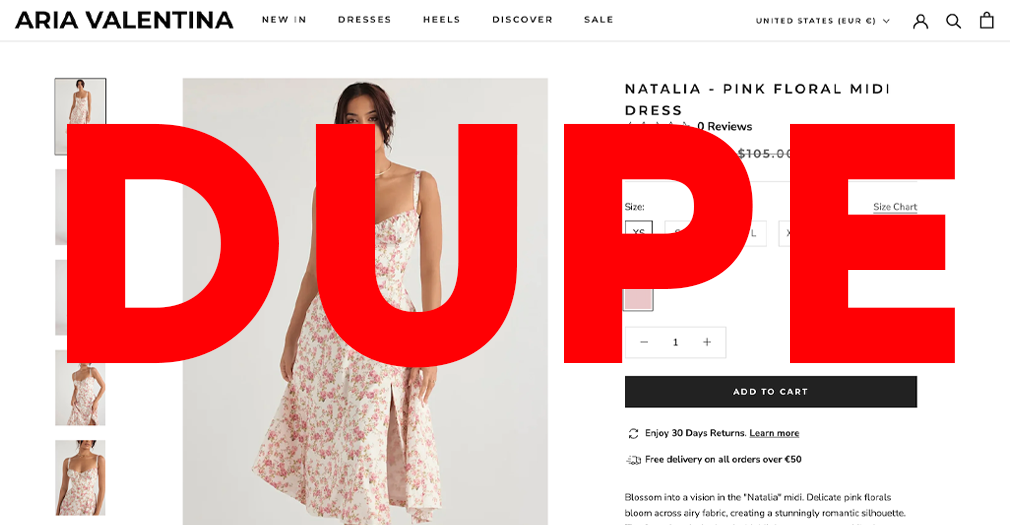
FTC Should Ban Individual Impersonation Scams
TINA.org submits comment in support of FTC’s proposal to ban fake celebrity endorsements, romance scams and other impersonation scams.
October 2013: The lawsuit was voluntarily dismissed When a complaint is dismissed with prejudice, it cannot be refiled., the reasons for which have not been disclosed.
September 2013: A federal judge dismissed the majority of this lawsuit ruling that Armstrong’s statements are protected by the First Amendment. The judge gave the plaintiffs 21 days to file an amended complaint.
January 2013: A class-action lawsuit was filed against Lance Armstrong and his book publishers for deceptively marketing his biographies — “It’s Not about the Bike: My Journey Back to Life” and “Every Second Counts” — as truthful, nonfiction works, when, according to plaintiffs, he covered up his use of performance-enhancing drugs. (Stutzman et al. v. Lance Armstrong et al., Case No. 13-cv-00116).
TINA.org submits comment in support of FTC’s proposal to ban fake celebrity endorsements, romance scams and other impersonation scams.
Looks can be deceiving.
Eric Lagatta, USA Today
Following a complaint by ad watchdog truthinadvertising.org (TINA.org), Pottery Barn’s parent company Williams-Sonoma has agreed to pay more than $3 million for violating a 2020 FTC consent order requiring that…
FTC says civil penalty against Williams-Sonoma is “the largest ever in a Made in USA case.”


